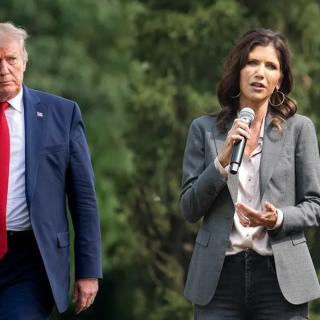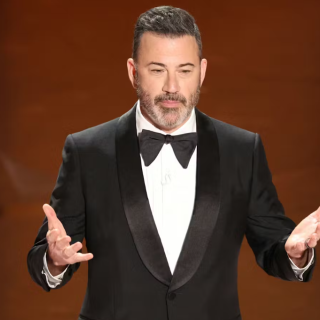Advertisement
The states have the power to regulate the practice of law and discipline attorneys
What many Americans do not realize is that the States have the power to regulate the practice of law and discipline attorneys. The following is primarily taken from the American Jurisprudence 2d Law Encyclopedia (the theory and philosophy of American law), Vol. 17 Attorneys at Law, Section 2 Power of state to regulate the practice of law, unless otherwise stated. Citations have been omitted for ease and clarity of reading.
The responsibility of regulating lawyers is an important governmental function in the administration of justice and the responsibility has historically been reserved to the sovereign states. Thus, a state’s authority regarding an attorney’s license to practice law is not preempted by the Federal Constitution, notwithstanding that the licensed attorney may also be a federal judge.
Under the doctrine of the separation of powers the courts have inherent power to regulate the practice of law by prescribing minimum levels of competency measured by the bar examination, and to control and supervise the practice of law generally, whether in or out of court.
The power to regulate the practice of law, including the power to admit and to discipline attorneys, is among the inherent constitutional powers of the courts. Indeed, every state in the United States recognizes that the power to admit and to discipline attorneys rests in the judiciary. This is necessarily so, as an attorney is an officer of the court and whether a person must be admitted or disciplined is a judicial, and not a legislative, question. The important difference between regulation of the legal profession and regulation of other professions is that admission to the bar is a judicial function, and members of the bar are officers of the court, subject to discipline by the court. Hence, under the constitutional doctrine of the separation of powers, the court has inherent and primary regulatory power.
The State has a substantial interest in assessing an applicant’s competency to practice law, and the legislature, under the police power, may act to protect the public interest, but, in so doing, it acts in aid of the judiciary and does not supersede or detract from the power of the courts. Further, although a state has broad powers to regulate the practice of law within its borders, it cannot ignore the rights of individuals secured by the Constitution of the United States.
* * * * * * * * * *
The United States Supreme Court held in Leis v. Flynt, 439 U.S. 438, at 442, (1979):
Since the founding of the Republic, the licensing and regulation of lawyers has been left exclusively to the States and the District of Columbia within their respective jurisdictions. The States prescribe the qualifications for admission to practice and the standards of professional conduct. They also are responsible for the discipline of lawyers.
While the code of ethics (code of conduct) of attorneys may require an attorney to report a breach of the code by another attorney (or even a judge), many attorneys may be reluctant to do so. Perhaps other attorneys may feel uncomfortable with how their own conduct may be perceived.
This standard of the courts and attorneys being responsible for disciplining each other may lead to situations where the foxes are guarding the chicken coop. They are all afraid of being disbarred by another attorney.
In most cases where an attorney should report a form of misconduct of a judge, the easiest solution is nothing more than appealing a lower court’s decision to the higher court. The higher court may then overrule the lower court’s decision to restore public trust and confidence in the judiciary. In other instances, depending upon what might be established in the state constitution, a judge may be:
1) Voted out of office
2) Removed from the bench by the highest court in the state
3) Removed by other legal means such as the legislature voting on the removal with the possible approval of the governor of that state
4) Any other lawful means established in that state’s constitution
Now in the case of the loss of public trust and confidence in one or more judges on the supreme court of a state, what would be the best way for the People of that state to remove them? The People need to go to their own state’s constitution to learn the lawful ways to remove any judge (or judges) from even the highest court in their state.



